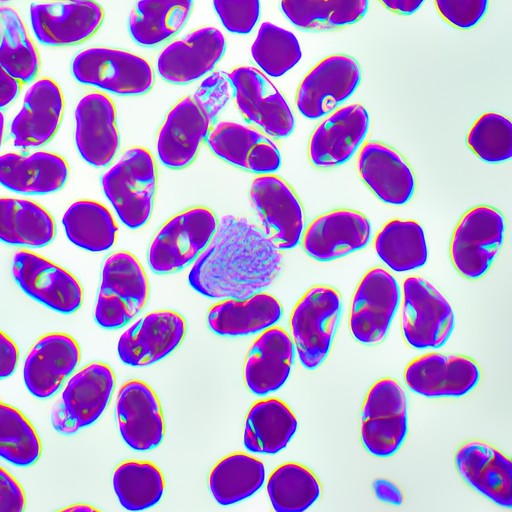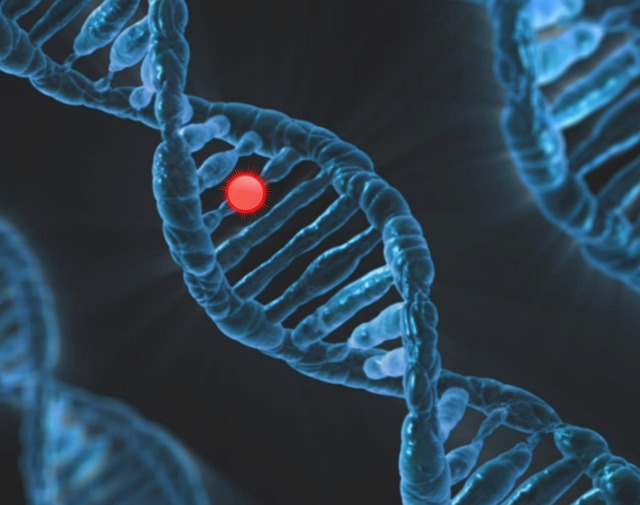This blog post delves into the often overlooked realm of rare diseases. Despite their name, these conditions affect millions of people worldwide. We explore their unique challenges, the importance of research, the role of patient advocacy, and the significance of awareness and support.
Understanding the Uncommon: What are Rare Diseases?
Rare diseases, also known as orphan diseases, are medical conditions that affect a small number of people compared to more common diseases. These diseases often have a genetic basis and can be chronic, degenerative, and life-threatening. Given their low prevalence, rare diseases pose unique challenges for patients, healthcare providers, and researchers.
- Prevalence and Classification
Rare diseases are defined differently in different countries, but generally, a disease is considered rare when it affects less than 1 in 2,000 individuals. There are thousands of rare diseases, each with its own set of symptoms, progression, and treatment options. Some well-known examples include cystic fibrosis, Huntington's disease, and muscular dystrophy. However, the majority of rare diseases are lesser-known and may only affect a handful of individuals worldwide. - Diagnostic Delays and Misdiagnosis
One of the major difficulties with rare diseases is the delay in diagnosis. Due to their unfamiliarity, healthcare providers may not recognize the symptoms, leading to misdiagnosis or a long and frustrating diagnostic journey for patients. The lack of awareness and understanding about rare diseases can further hinder accurate diagnosis and appropriate treatment. This can have a significant impact on patients' quality of life and access to specialized care. - Unique Challenges and Unmet Medical Needs
Rare diseases present unique challenges for patients, healthcare providers, and researchers. The limited number of patients and dispersed expertise make it difficult to establish specialized clinics and comprehensive care networks. The scarcity of research funding and limited commercial interest also contribute to a lack of effective treatments for many rare diseases. As a result, patients often face unmet medical needs, relying on supportive care and off-label use of medications.

A microscopic image illustrating the complexity of a rare disease.
The Silent Epidemic: Why are Rare Diseases Neglected?
Rare diseases are often referred to as the "silent epidemic" due to the lack of attention and resources allocated to them. There are several reasons why rare diseases are neglected in the medical field and society as a whole.
Firstly, the low prevalence of rare diseases makes them less of a priority for healthcare systems. With limited resources and competing demands, more common diseases tend to receive greater attention and funding. This leaves individuals with rare diseases struggling to find adequate care and support.
Secondly, the lack of awareness and understanding about rare diseases contributes to their neglect. Many people, including healthcare professionals, may not be familiar with the specific symptoms, progression, and treatment options for rare diseases. This can result in misdiagnosis or delayed diagnosis, further exacerbating the challenges faced by patients.
Additionally, the fragmented nature of rare diseases makes it difficult to build a strong advocacy movement. Unlike more prevalent conditions, rare diseases affect a small number of individuals, often scattered across different geographical areas. This makes it challenging to mobilize a collective voice and raise awareness on a broader scale.
Finally, the limited commercial interest in rare diseases also plays a role in their neglect. Pharmaceutical companies may be less inclined to invest in research and development for treatments that will only benefit a small population. The lack of financial incentive further contributes to the limited treatment options available for individuals with rare diseases.
'The Art of Medicine consists in amusing the patient while nature cures the disease.' – Voltaire: The Role of Research in Rare Diseases
Research plays a crucial role in advancing our understanding and treatment of rare diseases. It is through research that we can unravel the mysteries surrounding these conditions and develop effective therapies. Voltaire's quote emphasizes the importance of not only treating the disease but also providing support and comfort to the patient throughout their journey.
In the realm of rare diseases, research is essential for several reasons. Firstly, it helps to identify the underlying causes of these conditions. Many rare diseases have a genetic basis, and research can uncover the specific genetic mutations or abnormalities responsible for the disease. This knowledge is vital in developing targeted therapies and personalized treatment approaches.
Secondly, research helps to improve diagnostic techniques for rare diseases. With many rare conditions being misdiagnosed or undiagnosed for years, it is crucial to develop accurate and efficient diagnostic tools. Research can contribute to the discovery of biomarkers, genetic tests, and other diagnostic methods that facilitate early and accurate diagnosis.
Furthermore, research is instrumental in the development of new treatment options for rare diseases. Through preclinical and clinical trials, researchers can test the efficacy and safety of potential therapies. This includes traditional pharmaceutical drugs, gene therapies, stem cell therapies, and other innovative approaches. Research also helps to identify potential repurposed treatments, where existing drugs are found to be effective for rare diseases.
על מנת לבדוק עוד פרטים נוספים בנושא של therapeutic company באפשרותך להעיף מבט ב- truemedtx.com

A photo of scientists conducting research on a rare disease in a laboratory.
Speaking Up for the Underrepresented: How Can Patient Advocacy Help?
Patient advocacy plays a vital role in raising awareness, promoting research, and driving policy changes for rare diseases. These conditions often go unnoticed and receive limited attention from the healthcare system, pharmaceutical industry, and government agencies. Patient advocacy groups and organizations fill this gap by amplifying the voices of those affected and advocating for their needs.
One way patient advocacy helps is by raising awareness about rare diseases among the general public. By sharing personal stories, organizing awareness campaigns, and utilizing social media platforms, patient advocates can educate others about the challenges faced by individuals with rare diseases. This increased awareness can lead to greater empathy, understanding, and support for those affected.
Patient advocacy also serves as a catalyst for research and innovation. By advocating for increased funding and resources, patient advocacy groups can encourage researchers and scientists to focus their efforts on rare diseases. These groups often collaborate with academia, industry, and government to facilitate research collaborations, clinical trials, and the development of new therapies. Through their efforts, patient advocates can help accelerate the discovery of potential treatments and improve the lives of those with rare diseases.
Additionally, patient advocacy groups have a significant impact on policy changes and healthcare reform. By engaging with policymakers, advocating for improved access to care, and working towards the establishment of rare disease centers, patient advocates can influence healthcare policies and ensure that individuals with rare diseases receive the support and resources they need. These efforts can lead to better insurance coverage, improved diagnostic pathways, and enhanced support systems for patients and their families.
In conclusion, while rare diseases may not be as commercially or socially prominent as other health conditions, they are equally deserving of our attention and understanding. Their unique challenges necessitate innovative solutions and their prevalence underscores the urgency of our actions. By investing in research and supporting patient advocacy, we can make a tremendous difference in the lives of those affected by rare diseases.






